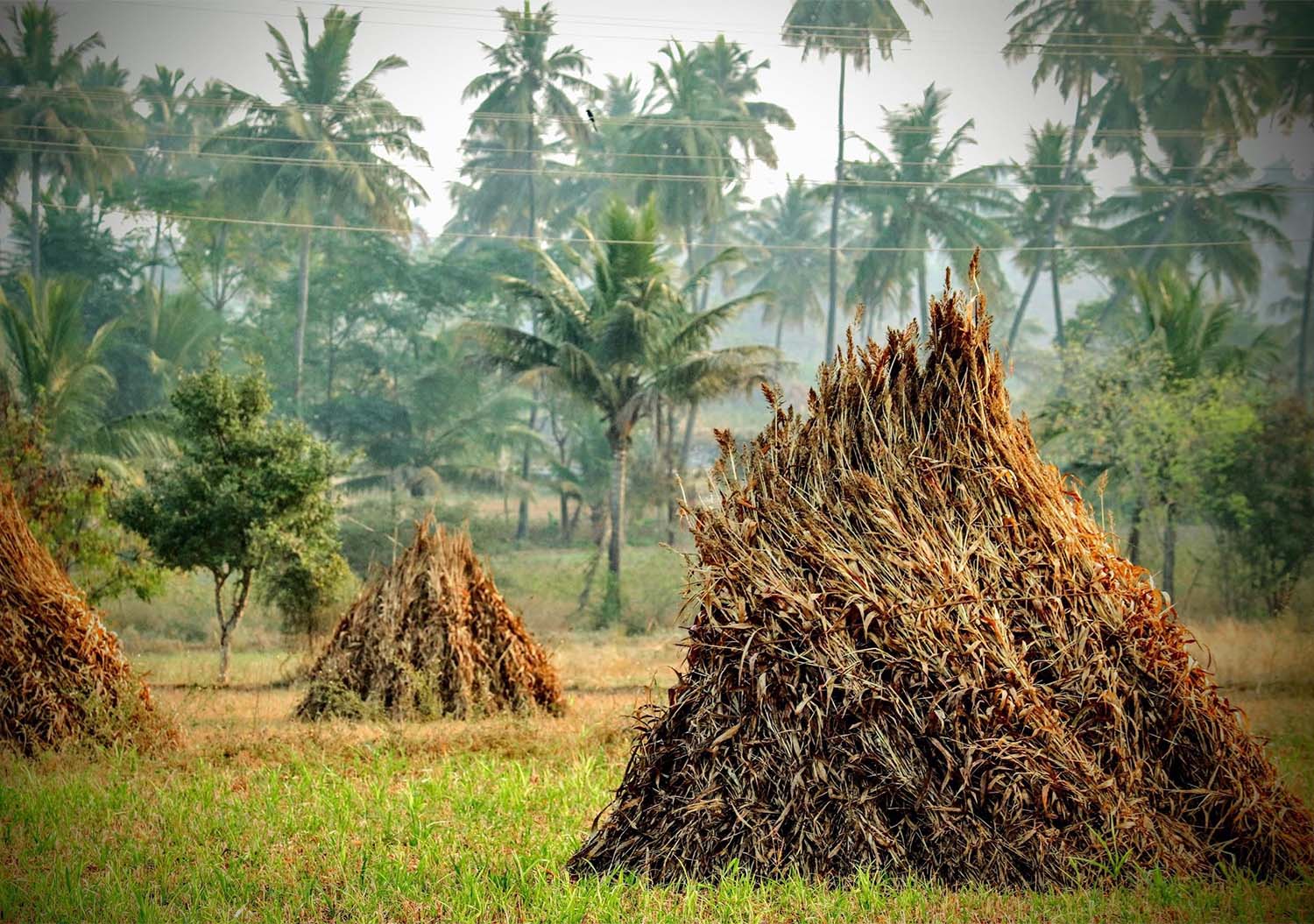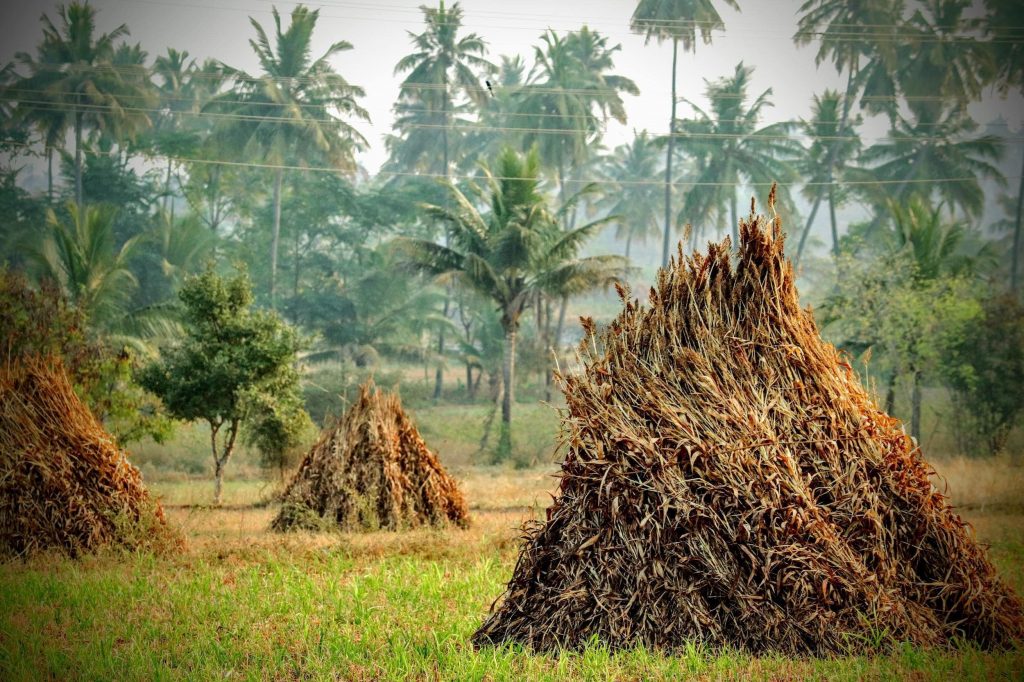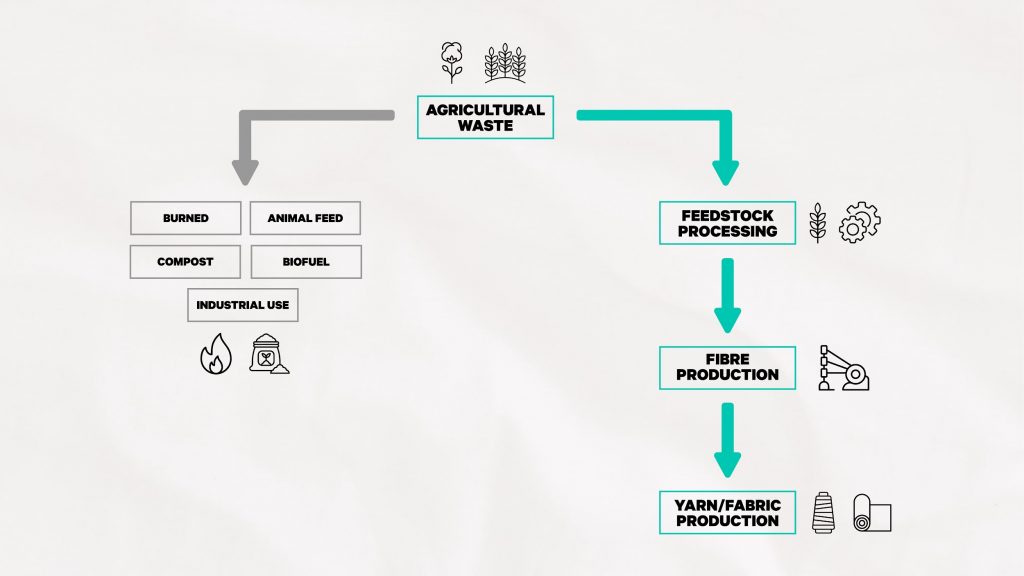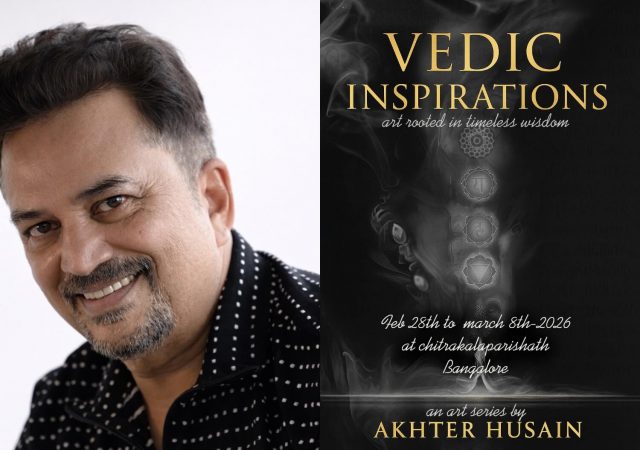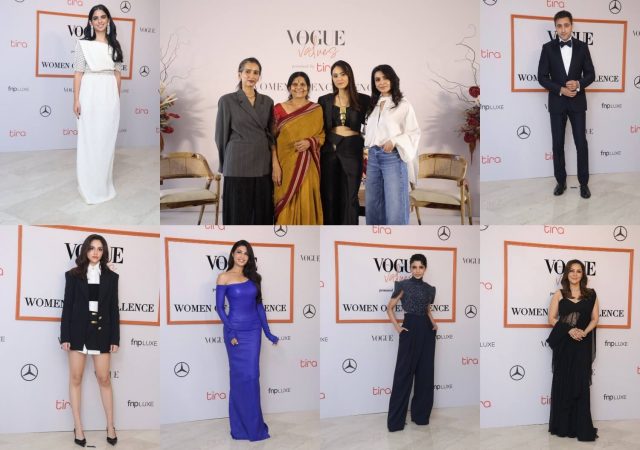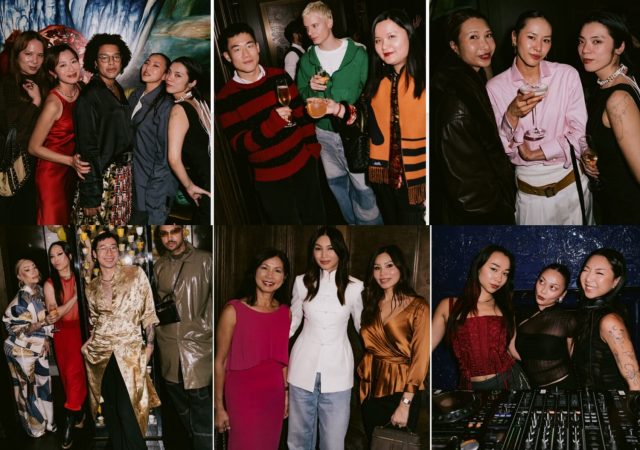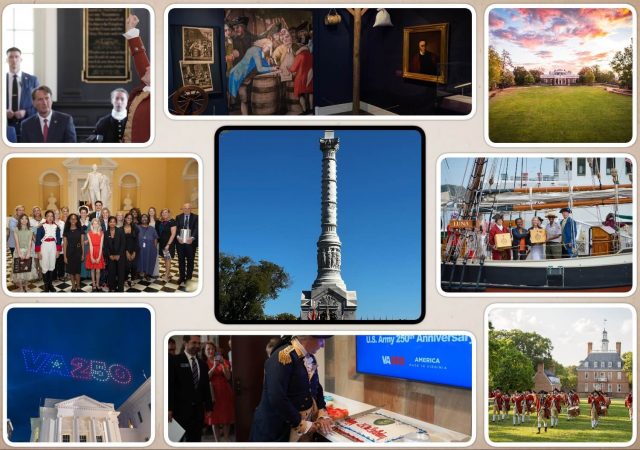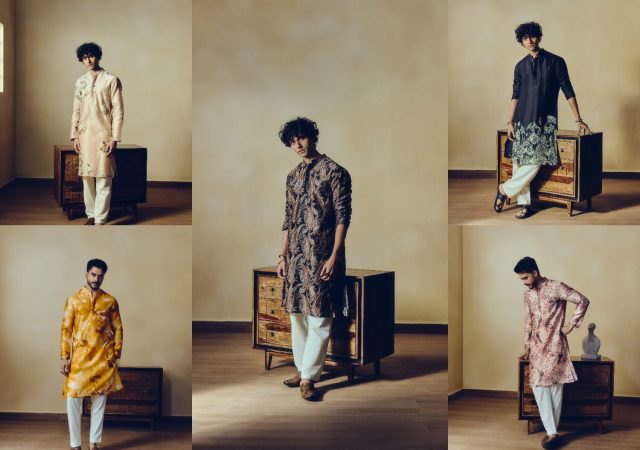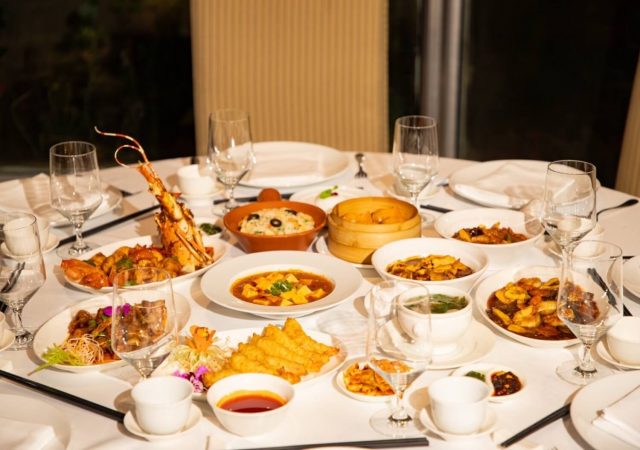FASHION FOR GOOD’S LATEST PROJECT TRANSFORMS AGRICULTURAL WASTE INTO FIBRES
Today, Fashion for Good launches the ‘Untapped Agricultural Waste Project’ to validate and scale technologies that can successfully transform agricultural waste into sustainable textile fibres. With catalytic funding provided by Laudes Foundation, Fashion for Good partners adidas, BESTSELLER, Vivobarefoot and Birla Cellulose, and six innovators, the consortium project will assess the technical feasibility of natural fibres created by the selected innovators using agricultural waste such as rice husks, hemp, wheat straw, banana and pineapple.
A KEY AREA FOR DECARBONISATION
Agricultural waste poses significant challenges for farmers in South and Southeast Asia and in many cases the waste is not repurposed and is often burned. Up to 92 million tonnes of agricultural waste is burned annually in India alone, which in 2017 resulted in approximately 149 million tonnes of CO2 . At the same time, the extraction and processing of virgin, conventional fibres such as cotton and polyester accounts for up to 39% of greenhouse gas emissions in the textile supply chain – as highlighted in Fashion for Good’s recent report ‘Unlocking the Trillion-Dollar Fashion Decarbonisation Opportunity’. The report charts a funding and solution driven trajectory for the industry to meet its net-zero ambition. Raw Material innovation is essential to reducing these emissions, and the next generation of materials are key if the industry is to decarbonise its supply chain.
THE UNTAPPED POTENTIAL OF AGRICULTURAL WASTE
The 18 month ‘Untapped Agricultural Waste Project’ brings together Fashion for Good partners adidas, BESTSELLER, Vivobarefoot and supply chain partner Birla Cellulose as well as six innovators to explore innovations that can repurpose agricultural waste into viable new natural fibre blends. These fibre blends offer alternatives to conventional fibres and have the potential to displace virgin fibres derived from unsustainable materials such as oil. With the support of catalytic funding from Laudes Foundation, the project also leverages findings from their 2021 report, ‘Spinning Future Threads’ authored by the Institute for Sustainable Communities, the World Resources Institute India and Wageningen University and Research. The report maps agricultural waste in eight countries across South and Southeast Asia, identifying the untapped opportunities in agricultural waste streams including rice husks, wheat straw, banana and pineapple production, which are the focus of this project.
The six fibre innovators, AltMat, Bananatex, Chlorohemp, Agraloop by Circular Systems, HempTex India and 9Fiber, will be further developing a variety of different natural fibres and fibre blends with a focus on trialling the highest percentage of agricultural waste, while also achieving the necessary performance requirements. Birla Cellulose will work closely with the innovators providing expertise to develop and prepare their new materials for wider adoption in the fashion supply chain, with the participating project brand partners supporting the testing and eventual scaling of these fibres.
TOWARDS FURTHER IMPACT
This first phase of the project concludes in December 2022. To further drive supply chain adoption and move beyond lab scale, the next phase of the project will pilot the agri-waste fibres from selected innovators in collaboration with partner brands and supply chain players in commercial facilities to produce larger quantities. This next phase ultimately aims to further enable brand offtake agreements and financing to facilitate scaling.
ABOUT FASHION FOR GOOD
Fashion for Good is a global platform for innovation, made possible through collaboration and community.
At the core of Fashion for Good is their innovation platform. Based in Amsterdam with a satellite programme in Asia, the global accelerator programmes gives promising start-up innovators the expertise and access to funding they need to grow. The platform also supports innovators through its scaling programme and foundational projects, driving pilots and supply chain implementation with partner organisations. The Good Fashion Fund catalyses access to finance to shift at scale to more sustainable production processes.
As a convener for change, Fashion for Good houses the world’s first interactive museum dedicated to sustainable fashion and innovation, a Circular Apparel Community co-working space, and creates open-source resources and reports.
Fashion for Good’s programmes are supported by founding partner Laudes Foundation, co-founder William McDonough and corporate partners adidas, C&A, CHANEL, BESTSELLER, Kering, Levi Strauss & Co., Otto Group, PVH Corp., Stella McCartney, Target and Zalando, and affiliate and regional partners Arvind, Birla Cellulose, HSBC, Norrøna, Pangaia, Reformation, Teijin Frontier, Vivobarefoot, Welspun and W. L. Gore & Associates.


